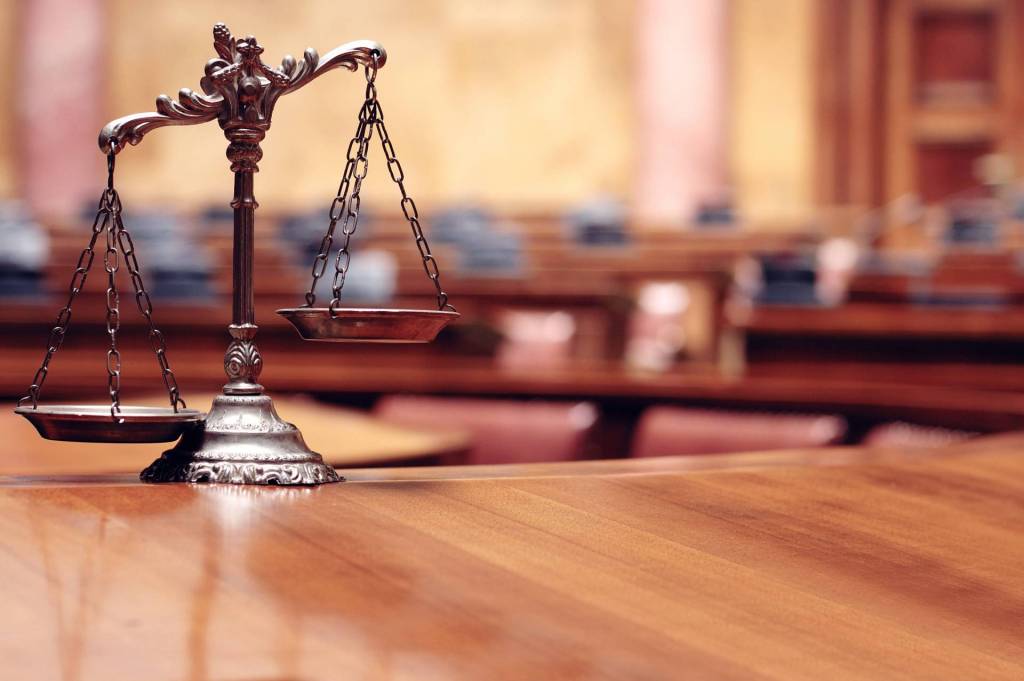Because of the destructive nature of fires, and the threat they pose to human life and property, arson charges are heavily pursued and prosecuted in California. This is true in a state where fires quickly get out of control leading to losses in millions of dollars, injury, and death of firefighters and the public.
The hot and dry climate in our state often has a lot of things ready to burn. So if you maliciously set a fire that gets out of control, you could face heavy penalties. That’s why you need a criminal defense law firm looking after your interests.
Depending on your situation, if charged with arson, you could be facing severe criminal punishment, hefty fines, and a lifetime record as an arsonist.
What Is Arson?
California law defines arson as any willful and malicious burning of a structure, property, or forest. It is a felony offense, so California police and prosecutors show no leniency when pursuing charges against an arson suspect.

There’s only one activity that is related to arson – unlawfully causing a fire. Depending on the circumstances of a crime, such cases are often charged as misdemeanors.
What Does California Law Say about Arson?
There are two ways an arson crime can be charged in California. If a person willfully and maliciously sets fire to a structure, piece of land, or property, he or she will be charged under Penal Code Section 451 PC. If the person recklessly burns a piece of land, structure, or property, the charges would be covered under Penal Code Section 452 PC.
Willful and Malicious
Penal Code 451 describes willful and malicious burning. A prosecutor will try to prove that the person did start a fire and s/he acted willfully and maliciously. A person acts willfully when he or she does something on purpose. Conversely, a malicious person intentionally does a wrongful act or acts unlawfully with the intent to annoy, injure, or defraud another party.
Reckless Burning/ Unlawfully Setting a Fire
Penal Code 452 describes the elements needed to prove a reckless arson charge. First, the prosecutor must prove that the suspect set fire to a building, property, or land, and second, the person acted recklessly. This is the only charge that can be brought as a misdemeanor but can also be punished as a felony.
A person acts recklessly when he or she is aware of the risk posed by their actions but ignores that risk and deviates from what a reasonable person could have done in the same situation. “Reckless” is a lower standard than willfully and maliciously, but it does not mean “negligence.”
A person wouldn’t be charged for “unlawfully causing a fire” if the only thing that was destroyed was his or her own property. However, if the arson intended to defraud another party, or the fire injured someone else or burned someone else’s building, land, or property, this person will be charged.
What Are the Types of Arson?
An arson suspect will be charged depending on the particular facts and circumstances of the incident, including attributes like what was destroyed and the extent of the destruction. It will also depend on whether injuries and deaths occurred and the presence of motive.

Penal Code 451 has two types of arson:
Simple Arson
An arson defendant will be charged with simple or basic arson if s/he willfully and maliciously set a fire. This is the simplest version of this crime and is usually brought if there wasn’t much damage.
Aggravated Arson
A person might face aggravated arson charges if the specific intent or motive was to injure someone or damage property. An example of a motive opportunity would include a property with mortgage arrears or is over-insured, and the owner has failed to sell it. If accelerants are discovered, it would then be interpreted as a motive opportunity.
You may also face aggravated arson charges if you’ve had an arson conviction within the past ten years, and the losses in property damage exceed $7 million.
Homicide Arson
If an arson incident ends up killing someone, the suspect can end up with a murder charge, which often carries a life sentence.
Attempted Arson
California Penal Code 455 describes an arson crime where the damage was not successful. You will be found guilty if it’s discovered you acted willfully and maliciously in attempting to set fire to a structure, building, or piece of land.
What Are the Penalties for Arson in California?
Arson bears harsh penalties in Los Angeles and the nearby areas. That’s why you need an aggressive arson lawyer in Los Angeles on your side.
Penalties will depend on what type of property was burned and whether there was an injured person.

A malicious arson that destroys someone else’s property has a maximum sentence of three years in state prison. If a non-inhabited structure or forest land is destroyed, the suspect could face up to six years in jail and eight years if the structure was habited. If it causes serious bodily harm to someone, the sentence is up to nine years.
Arson Sentencing Enhancements
Although there are already strict punishments for arson in California, defendants may be slapped with additional penalties. If the incident caused harm to emergency personnel, or more than one victim was hurt, or the defendant has a previous arson conviction, a 3-5-year enhancement can be added.
How Can I Defend Arson Charges?
A defendant can raise a legal defense with the help of an arson attorney in Los Angeles, CA, by stating that:
- It was not a willful act,
- The fire was not started by arson, or
- There was no intention to defraud
An Experienced Team Ready to Fight for You
An arson conviction is not an easy matter. You could find yourself spending years in prison. Your name could be on the California Arson Registry for life, which can affect how society treats you. You could even face child custody and immigration issues.

You need the help of a skilled legal team with the experience and resources to defend you and protect your best interests. If you’ve been charged with arson in LA, contact a criminal defense attorney to defend your rights and represent you.










